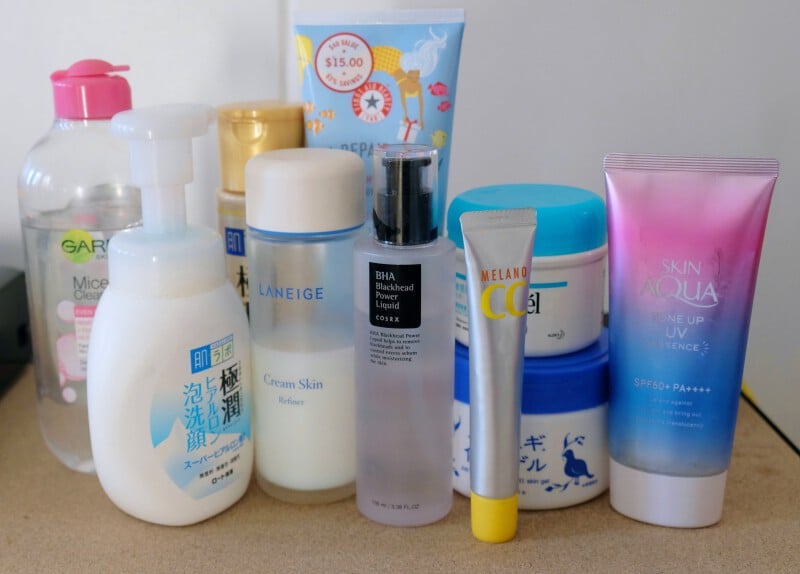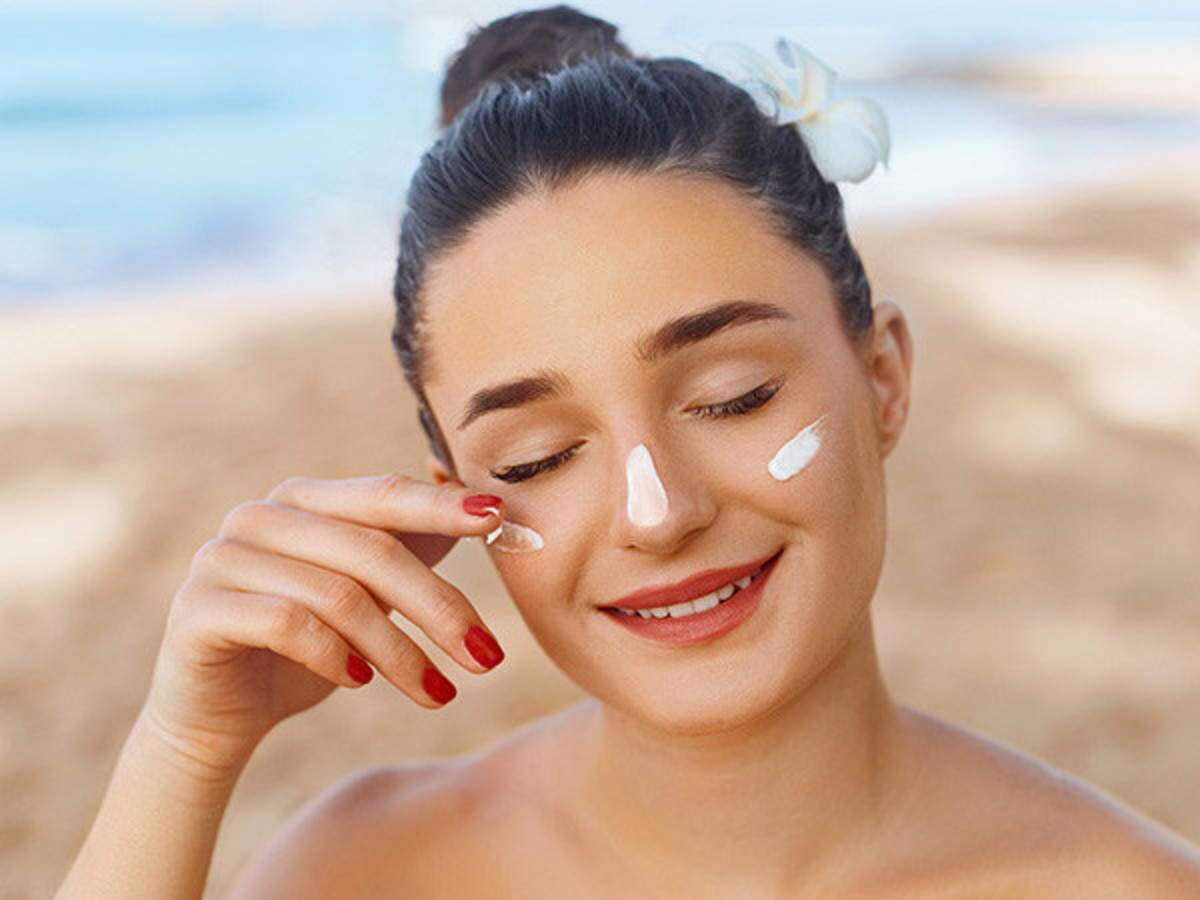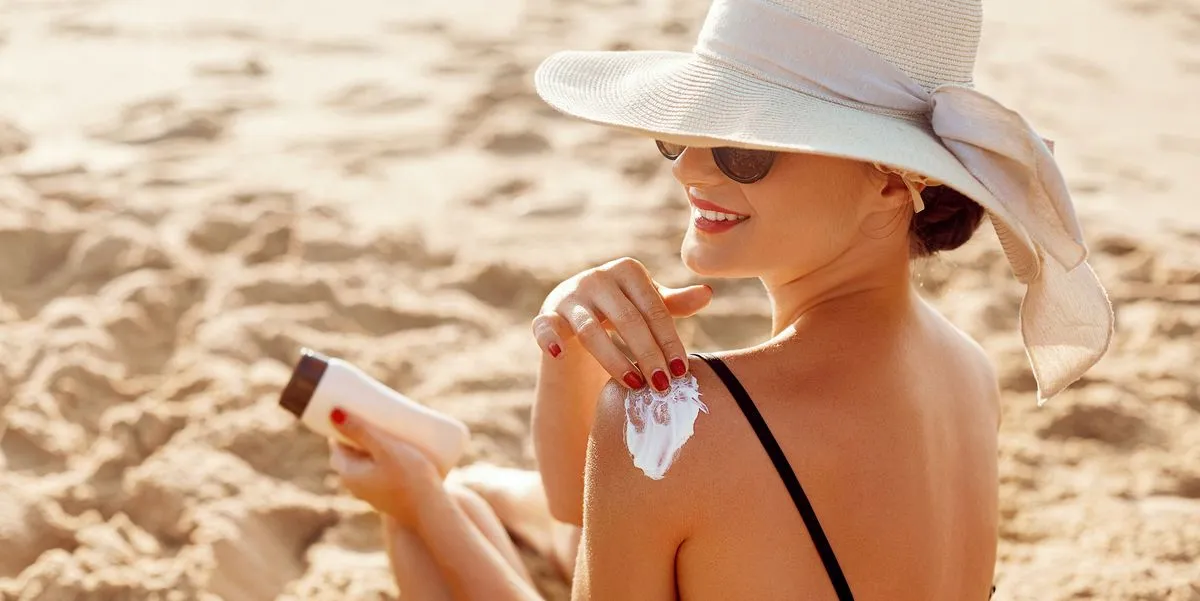Sunscreen is a vital part of any skin care routine, especially when it comes to protecting your face from harmful UV rays. In 2023, the sunscreen landscape has become increasingly complex as the market offers an array of products promising different results. With so many choices, it can be overwhelming trying to select the right sunscreen for your skin type and needs. This guide is designed to help you make an informed decision when selecting a sunscreen for your face.
UVB rays are protected by sunscreens with Sun Protection Factors (SPF). It is important to choose a sunscreen with an SPF number that is suitable for your skin type - if you have very fair skin, you'll want to opt for a higher SPF rating such as 50+. For those with darker complexions, an SPF rating of 15-30 will usually suffice.
Sun Protection Factor (SPF) Explained

Image Source: google.com
When selecting the perfect sunscreen for your face in 2023, it's important to understand the basics of Sun Protection Factor (SPF). SPF is a measure of how effectively a sunscreen protects your skin from UV radiation. The American Academy of Dermatology (AAD) recommends that everyone use a broad-spectrum sunscreen with an SPF of at least 15.
Broad-spectrum sunscreens protect against both UVA and UVB rays, which are both types of ultraviolet radiation that can cause skin damage. The higher the SPF, the more protection you get from UV rays. When applied correctly, a sunscreen of 30 SPF will block 97% of UVB rays, and one of 50 will block 98%. There is no sunscreen that can block 100% of UVB rays, so it's important to remember to reapply every two hours and after swimming or sweating.
Related Article: Top 10 Best Daily Skincare Routine
When selecting a sunscreen for your face in 2023, look for one with at least an SPF 15 and preferably one with higher protection such as SPF 30 or 50. It is also important to make sure the sunscreen you choose is water resistant and offers broad-spectrum protection. This will ensure that you're getting maximum protection from the sun's harmful rays.
Understanding Broad Spectrum Protection

Image Source: google.com
In the world of skincare routine, sun protection is more important than ever. Sunscreens that provide broad spectrum protection are the best way to protect your skin from the sun's harmful rays. Broad spectrum protection means that the sunscreen protects against both types of ultraviolet radiation--UVA and UVB rays.
UVA rays can cause premature aging, wrinkles, and age spots, while UVB rays are responsible for sunburns and skin damage that can potentially lead to skin cancer. When shopping for sunscreen, it is important to look for products that not only provide broad spectrum protection but also have an SPF (sun protection factor) rating of at least 30. This will ensure that you are getting the maximum amount of protection from your sunscreen.
Additionally, look for products that contain physical blockers such as zinc oxide or titanium dioxide as these ingredients help to reflect the sun's rays away from your skin. Choosing a sunscreen with broad spectrum protection will give you peace of mind knowing that you are making a wise choice in protecting your skin from the sun's harmful effects now and in the future.
Key Ingredients to Look for in a Facial Sunscreen
When selecting the perfect facial sunscreen, it’s important to know what ingredients to look for. In order to protect your skin from the sun’s harmful UV rays, you need to find a sunscreen with active ingredients that are effective and won’t cause irritation. Here are some key ingredients to look out for when shopping for a facial sunscreen:
- Zinc Oxide and Titanium Dioxide. These two ingredients are two of the top recommended by dermatologists, due to their long history of providing broad-spectrum protection. These minerals sit on top of your skin, reflecting the sunlight before it can penetrate your skin and cause damage.
- Antioxidants. Many facial sunscreens now contain antioxidants, such as vitamin C or E. These ingredients help neutralize free radicals that can age your skin over time.
- Hyaluronic Acid. This ingredient helps retain moisture in the skin, keeping it feeling hydrated and healthy even after spending time in the sun.
- Glycerin. Glycerin is a popular ingredient that helps protect against dryness and cracking caused by exposure to sunlight. It also has antimicrobial properties which may help reduce inflammation caused by sunburns or other environmental factors.
Recommended Sunscreen Application Tips

Image Source: google.com
Sunscreen application can be tricky, but with the right techniques it's easy to ensure your skin is properly protected. These are some following tips to help you apply sunscreen correctly:
- Make sure your face is cleansed gently with a gentle cleanser. This will remove any dirt or oil that could prevent adequate sunscreen absorption.
- Apply a moisturizer formulated for your skin type and let it absorb before applying sunscreen. A smooth base for makeup will be provided as a result of this method, which ensures that sunscreen is efficiently absorbed.
- Use a sunscreen that is designed specifically for facial use. Many sunscreens contain heavy oils and fragrances that can clog pores, so make sure to purchase one that is labeled as non-comedogenic.
- Apply an SPF of at least 30 to all areas of exposed skin, including around the eyes, ears, and neck. Make sure to cover all areas of exposed skin evenly.
- Reapply every two hours while in direct sunlight or after swimming or sweating.
With these tips in mind, you'll be well on your way to protecting your skin from the sun's harmful rays.
Conclusion:
As the years pass, more and more people are recognizing the importance of protecting their skin from the sun’s harmful UV rays. To do that, wearing sunscreen is essential. However, selecting the right sunscreen for your face can be tricky. With so many types, SPF levels, and other factors to consider, it’s important to take some time to really understand which product is best for you.
By following the tips and guidelines provided in this blog post, you will be able to choose a sunscreen that fits your skin type and needs while also providing effective protection. Every time you go out into the sun, make sure you have applied sunscreen beforehand to give your skin the defense it needs.
Written by - Kuldeep
